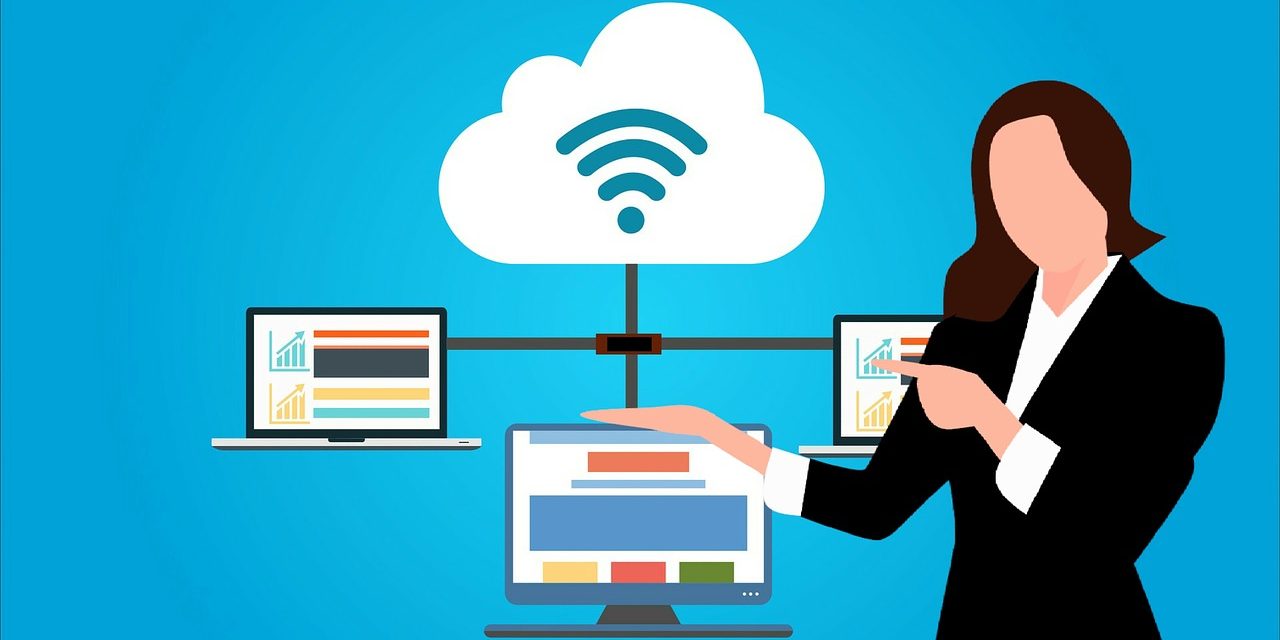Image by mohamed Hassan from Pixabay
Choosing the right cloud storage provider is a must for risk management.
You have a vast array of options. Cost is important, of course, but so are your company’s risk-management needs – just like the federal government.
It’s took two years, but the government launched FedRamp, the federal risk and authorization program.
It established security standards for providing cloud services to the government.
FedRAMP also provides agencies with monitoring tools to insure continuous compliance with security standards. Those are important considerations.
Risk-management
Here are 10 questions to ask of your prospective cloud provider:
1. If they’re a large provider, has the vendor been qualified by FedRAMP?
2. What is the company’s financial situation? Bankruptcies are prevalent. Have a frank discussion with the supplier. Find out if they expect to gain or lose business in the next year. And ask about their cash flow, and for references regarding the status of their banking relationships.
3. What would be their total charges? Is it a flat fee? What are the additional costs for storing each gigabyte or for transferring data?
4. What about the security of their services, privacy commitment and data protection, and what does their service level agreement (SLA) provide? Keep in mind commitments for performance and reliability, and what happens if they fail to perform according to the SLA.
5. What do they provide in the way of data availability each month? What will be the percentage of time you will be able to get into your data or add new data?
6. What do they provide in data transfer rates? Data storage is important, but so is your ability to rapidly transfer your data.
7. What level of data durability do they offer? That is the amount of potential data loss from data corruption.
8. Does the vendor provide data shuffle or bare metal service? This service is a hard copy backup. Will you be able to present a hard-drive data copy to the cloud or will you be able to retrieve a copy of your data?
9. What do they support in operating systems? Get assurances — make certain they’re innovative and capable of working with all your operating systems now and in the years ahead.
10. What are their backup services? You’ll have problems if they simply backup your data. You’ll also want assurances that they will back up all your computer applications and operating system, and will provide virtual servers for crashed systems.
From the Coach’s Corner, here are recommended articles:
Security Steps for Your Mobile Device in Online Banking, Purchases — Almost 90 percent of Americans use a cell phone and more than 50 percent have smartphones, according to published reports. They also indicate 28 percent of smartphone owners use their devices for online banking.
How to Enhance Security in Your Company’s Wireless Network — Do you take it for granted that your wireless network is secure? Don’t make that assumption. Wireless routers present dangers. Your router is vulnerable to hackers and, hence, security issues. If you’re really serious about security, WIFI might not be for you. A wired network might be more desirable.
How Small Businesses Can Profit from Cyber Strategies — Yes, it’s become important for small businesses to capitalize on cyber strategies for profit. Small and even regional retailers should be cognizant of three realities: Potential customers probably think that national chains have easier-to-shop Web sites. Big retailers have lower prices.
“It’s not a faith in technology. It’s faith in people.”
–Steve Jobs
__________






